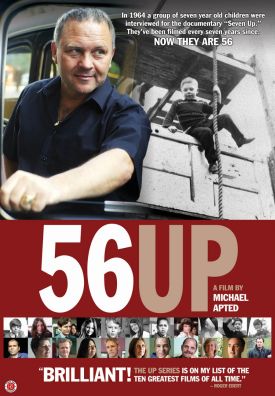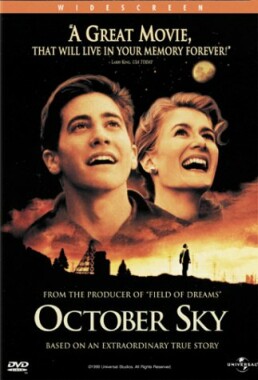Head Over Heels
True, there may not be much to be said for Head Over Heels, but one
thing it can claim is that, with the scene of Freddy Prinze Jr. defecating while
a gaggle of supermodels huddle together, hidden behind the shower-curtain of his
bathtub, it has broken new ground for the ever-poopular gross-out flick. Perhaps
in the belief that this scene was a masterpiece of comic invention, it is later
repeated, only this time with the models crammed together in a men’s room stall
listening to what they take to be a homosexual encounter as two plumbers attempt
to unblock the toilet in the next stall. Their ministrations end up spraying the
girls with sewage. The comedy, I take it, is much increased by the amount of
care and attention that these people (understandably) usually devote to
presenting a soigné appearance.
In this it is of a piece with the many supermodel jokes, written by several
hands, which are about all there is to Mark S.
Waters’s film. Some of the jokes are
fair-to-middling, as when one of them says that her makeup makes her
“look like a heroin addict, but not in
a good way.” Most of humor at the
beauties’ expense, however, depends on
the assumption that those who are highly paid to look good must also be stupid,
slutty, superficial or all three. If you are not among the admittedly large
number of people who must either lust after or envy these young women, played by
Shalom Harlow, Ivana Milicevic, Sarah O’Hare and Tomiko Fraser, you may be
somewhat taken aback by the underlying hostility, even bitterness, with which
the fun at their expense is indulged in.
You may also find yourself hard put to it to find any other sort of fun in
the movie, whose main story involves an allegedly
“regular”
gal called Amanda Pierce (Monica Potter), a conservator at the Metropolitan
Museum, moving in as roommate to the supermodels. As so often when a movie
premiss calls for something less than spectacular good looks, Hollywood
can’t bring itself to find someone
genuinely plain, even plain as the schoolmarm used to be before she took off her
glasses and let down her hair. Miss Potter is hardly the girl next door, and the
only way the movie finds to distinguish her from the supermodels is to deprive
her of make-up (until she becomes the
models’
“science
project” ) and to make her look about a
head shorter than they are.
There is another bit of pioneering in the idea to vary what has by now become
the cliché of making the
ingenue’s best friend a gay guy by
making him, instead, a lesbian. Of course the reason must be that the best
friend should be given a scene or two of drooling over her
friend’s supermodel roommates, but
once that is accomplished the filmmakers
couldn’t think of anything else to do
with her and dropped her quietly out of the picture. There is also a trio of
uglied-up old ladies who sit across from Amanda at her table at the Met who are
a sort of memento mori corresponding to the supermodels.
Don’t be like us, they more or less
explicitly warn her. Get yourself a man so that you
won’t be a lonely and embittered old
woman—the sort of old woman,
presumably, who cackles with joy to see beautiful young women covered in
excrement.
Amanda, needless to say, does get her
man—Mr Prinze, Jr., in fact, who turns
out to be an FBI agent whose undercover operations are so far not undercover as
to take place in full view of Amanda and her supermodel roommates from their
improbably large windows in the apartment across the street. Naturally, these
undercover activities lead to many misunderstandings which people of the
intelligence of the supermodels in this picture may find funny. Most people, I
predict, will not.
Discover more from James Bowman
Subscribe to get the latest posts to your email.






